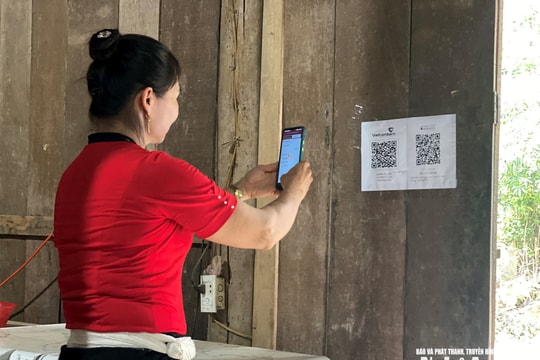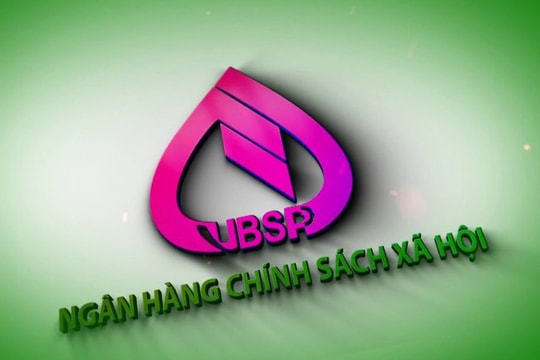Banks warn of hackers "hacking" mail, changing recipient information
Vietcombank has just issued a warning about hackers illegally accessing customer or partner emails and changing beneficiary information to defraud Vietnamese businesses of money.
The bank said the above cases have requested the bank's support in claiming money from foreign banks.
However, the possibility of recovering money from email hacked transactions is very low because criminals often withdraw money from the account as soon as they receive it or because of the very complicated recovery procedures of foreign banks.
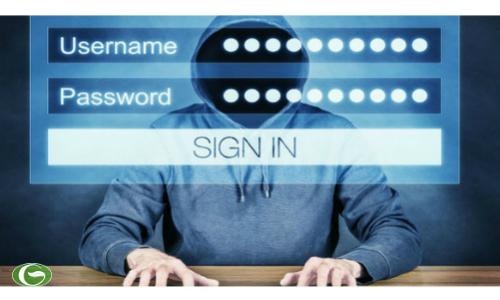 |
| Illustration photo. |
Vietcombank said that signs of fraudulent transactions include: contracts and related transactions such as delivery notices, invoices, negotiations, etc. are all conducted via email. The exporter and importer do not confirm the transaction through other forms of communication.
Or the payment information suddenly changes. The exporter does not mention the change in beneficiary information, but the payment receipt shows different beneficiary information than the contract information. The beneficiary's country address is different from the beneficiary's bank's country address.
Notably, the criminals mainly target small and medium-sized enterprises, companies with low security and safety in network management systems or lack of regulations on safety when using email.
Common forms of fraud are hackers modifying the content of contracts signed via email or forging emails to change beneficiary information. There are also cases where hackers modify beneficiary information on invoices or insert fake beneficiary information on invoices.
The markets that hackers often request money transfers to are China, Hong Kong, Malaysia, the US, European countries, especially the UK because in this market, banks credit customers according to account numbers without checking the account names.
The precautionary measure advised is that customers should carefully review all emails. Be wary of emails requesting transfers, verify any changes to the partner's payment instructions.
For new business partners, Vietcombank warns businesses to consult information from banks or international credit rating organizations through a number of information sites that provide credit ratings of foreign businesses to avoid risks.
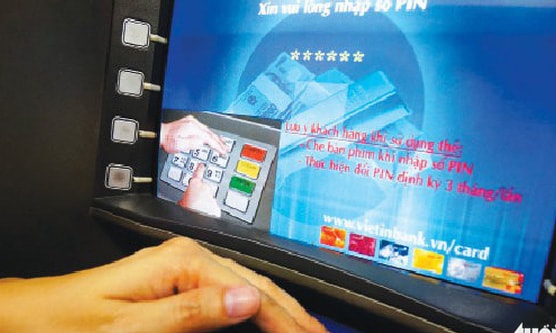 |
| The outbreak of banking crime has given banks a headache to deal with. In the photo, the bank reminds customers to cover their hands when entering their PIN to avoid information disclosure. |
Not only Vietcombank, BIDV Bank also warns about the phenomenon of websites appearing on the Internet with incorrect information about the hotline phone numbers of BIDV and some other banks.
The purpose is to trick customers into calling to profit from the customer's switchboard connection fee. At the same time, the bank also recommends that customers only contact through the bank's official channels to avoid the risk of being exploited and scammed.
Recently, crime in the banking sector, especially card crime, has exploded, so banks have had to continuously issue warnings.
According to Napas, the fact that countries in the region and around the world have been accelerating the "chipization" of the card market has made Vietnam a low-lying area of card crime with card counterfeiting cases increasing.


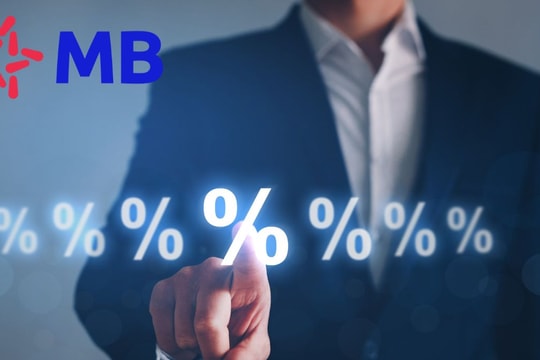

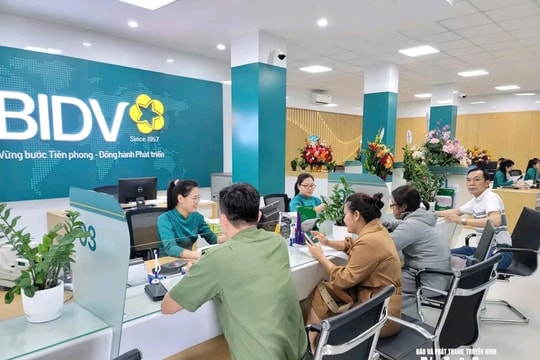
.jpg)
